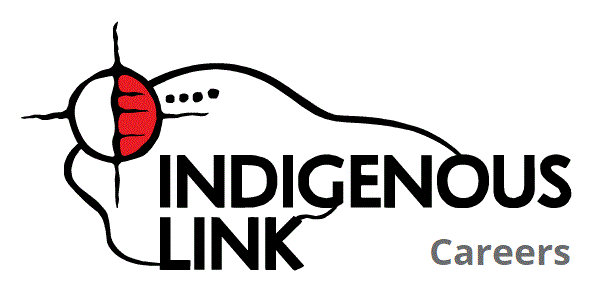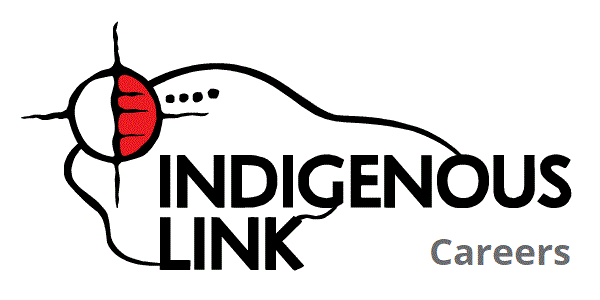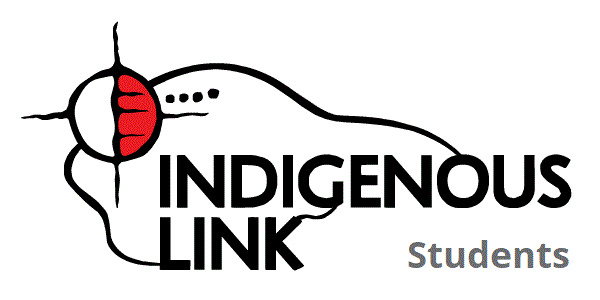< The Enterprise Networks team in support of the University's IT Strategic Vision of a connected community, delivering a seamless foundation of core and transformative information technologies and services, accelerating our teaching, learning and research mission. The Systems Integration Specialist positions are responsible for production support, planning and Evolution of the campus data network infrastructure (both on-campus and off-site Internet data transport). Network infrastructure includes; the campus wiring plant, distributed switching electronics, central backbone routing switches and software, off-campus interface routers, switches and special purpose appliances, as well as various ancillary specialized systems and servers to provide authentication, access, measurement, and control functions. NOTE: The successful candidate must pass a security background check as specified by the Nuclear Safety Control Act. This position directly supports the management of the network supporting the Nuclear Reactor facility and is part of the responsibility of this role. On-call support is required on a rotating shift. | The Systems Integration Specialist acts as a lead technical and consulting resource to various University departments and units with respect to the planning, implementation, and maintenance of information technology systems. Supports the University's academic and administration departments by acting in a functional capacity in all phases of the Project Life Cycle for medium to large projects, including post-production support and ongoing maintenance. Continuously gains an understanding of the University's operations and processes and how systems are used in support of those operations. Creates, maintains, and manages multi-user, production quality campus-wide computing environments that involve computers, servers and associated hardware, software and facilities. Facilitates the selection of new information processing, computing technologies, information security and services across the University. Provides expertise in leading and participating in the technical architecture planning and acquisition of development projects and the documentation, final preparation, and introduction of new systems and services into the production environment. Provides lead-hand supervision to a team of Systems Administrators. | - Manage work assignments of internal staff and schedule and monitor adherence to procedures, protocols, and standards.
- Act as an on-site project manager, responsible for managing projects from inception to completion.
- Plan and establish project framework and identify project milestones to ensure the project is completed according to project specifications and within specified timelines.
- Design, develop, implement, and evaluate functional specifications for a variety of highly complex University application systems.
- Complete feasibility studies and cost-benefit analyses and translate technical flow into business terms.
- Coach and mentor junior staff in order to ensure a highly motivated and technically competent team.
- Participate in the development of capital project charters and cost justifications.
- Lead the ongoing design and support for technology in server and related environments, data network infrastructure and related environments, datacenter technology and facilities, storage area network and other storage related environments, voice network infrastructure and related environments, and information security infrastructure and other related environments.
- Critically evaluate information gathered from multiple sources, reconcile conflicts, decompose high-level information into details, abstract up from low-level information to a general understanding, and distinguish user requests from the underlying true needs.
- Elicit requirements using interviews, document analysis, requirement workshops, surveys, site visits, business process descriptions, use cases, scenarios, business analysis, and task and workflow analysis.
- Perform advanced levels of analysis, problem solving and research skills to formulate solutions to complex business needs.
- Conduct gap analyses.
- Develop strategies for implementing new services and upgrades on production systems.
- Troubleshoot computer system issues that may require an end-to-end evaluation of University wide systems often spanning multiple heterogeneous hosts and locations across the University and with external service providers.
- Ensure the availability and performance of the current production storage, information processing, and computing environment in assigned and related areas of the organization.
- Test system architecture in order to minimize risks to the production systems.
- Investigate, evaluate, compare, and demonstrate new hardware and software products, and new computing techniques which could enhance the University’s computing, information processing, and network environment.
- Undertake study and pilot projects to assess and select commercial technology alternatives.
- Provide technical assistance to individual user groups, user support, and operational staff in the introduction and development of specialized systems and services.
- Ensure individuals conform to organizational information processing, use of network, and computing standards through the proper publication and awareness of policies.
- Plan and coordinate the technology refresh for large and complex interconnected systems.
- Contribute to the development of cost and time estimates for the technical architecture components of project implementation.
- Deliver workshops and demonstrate new technologies to campus staff as systems are being implemented.
- Prepare and present training for user support and operational staff through technical seminars and documentation.
- Prepare procedures for restoring systems to full operation after hardware and software component failures on both production and test systems.
- Prepare contingency plans for recovering services and operations after incidents including, but not limited to, power blackouts, water damage, or structural building failures and contribute to the planning and development of disaster recovery scenarios.
- Undertake projects such as performance monitoring and capacity planning to monitor the overall reliability and effectiveness of the computing systems and information processing architecture including storage area networks.
- Liaise with computer vendors, other institutions, and associated computer user groups as a means to maintain communication between all parties involved in technical projects and day-to-day operations.
- Design, implement, and document support processes, procedures, and mechanisms that inter-connect heterogeneous systems in support of the integration of processes and data flow.
- Gather and compile information and create reports and graphs for capacity planning, and performance metrics.
- Prepare technical specifications and requests for quotes from suppliers and requests for proposals.
- Participate in negotiations with suppliers to discover options and acquire the most cost effective solutions for technology requirements.
- Utilize the appropriate control tools to coordinate projects according to Project Management Office methodologies.
- Develop success criteria and risk assessments for projects and changes.
- Develop, implement, and document best practices to align with departmental and University strategies and processes.
- Work independently with users to define concepts.
- Ensure that projects meet specified functionality requirements.
- Prepare and review recommendations and other project initiation documents.
- Document system functionality, particularly related to new enhancements.
- Develop and maintain information technology process flow, methodology, and control documentation.
- Assist with the development of project proposals and estimates.
- Resolve problems in the test, production implementation, and post-implementation phases in coordination with other technical and business groups.
- Liaise between the technology and support teams.
- Communicate project, issue, and system status to others.
- Communicate testing results to other stakeholders.
- Facilitate effective dialog between user community and technical staff.
- Interact with and exchange information with colleagues.
- Follow a test script and document defects.
- Prioritize and schedule issues resolution.
- Plan, schedule, and monitor own work within short time horizons.
- Organize individual time, work and resources to accomplish objectives in the most effective and efficient way.
- Understand and use appropriate methods, tools, and applications to complete work tasks.
- Demonstrate a rational and organized approach to work and identify development opportunities.
- Absorb technical information when it is presented systematically and apply it effectively.
- Use measurement methods to monitor progress toward goal attainment, tenaciously working to meet or exceed those goals, while deriving satisfaction from the process of goal achievement and continuous improvement.
- Ensure that the internal and external customer perspective is a driving force behind decisions and activities.
- Follow service practices that meet customers’ and University needs.
- Interact with others in a way that gives them confidence in one’s intentions and those of the University.
- Work collaboratively with others to achieve departmental and institutional goals. Actively participate as a member of a team to move the team toward the completion of goals.
- Perform a range of varied work activities in a variety of structured environments.
- Successfully engage in multiple initiatives simultaneously.
- Apply and enforce department change control policies and procedures.
- Read and understand a complex project plan and develop simple project plans.
- Remain current with relevant development and project methodologies.
- Remain current with security policies and procedures and work with System Administrators to implement security changes.
- Remain current with the different levels of testing and develop simple use cases and test scripts.
| Provide lead hand supervision and is responsible for the quality and quantity of work of others. | Knowledge/Skills: - Minimum 5 years of progressive IT experience, working in a complex environment with distributed sites.
- Advanced expertise of enterprise data center environments, concepts and technologies including but not limited to Cisco Nexus platforms and Citrix NetScaler Load Balancers.
- Advanced knowledge of Routing Protocols OSPF, EIGRP, BGP
- Advanced knowledge and experience with IP networks including BlueCat IPAM, DHCP, DNS
- Advanced knowledge of Palo Alto and Cisco firewall management
- Advanced knowledge in Cisco IOS, IOS-XE and NX-OS
- Professional certifications (e.g. CCNA, CCNP, CCIE)
- Advanced Knowledge of RedHat Enterprise Linux
- Advanced Knowledge of Cisco Wi-Fi, RF planning and troubleshooting.
- Expert knowledge in diagnosing complex network performance issues and working with Network Monitoring systems, Wireshark, IPPERF, NETFLOW, and other network troubleshooting/performance benchmarking techniques
- Good understanding of information security best practices.
- Good understand of Change Management best practises
- Knowledge of Unified Communications (Avaya)
- Excellent customer service skills, positive attitude.
- Resourceful and collaborative.
- Excellent organizational & multitasking skills.
- Strong troubleshooting and analytical skills.
| >
For more information, visit McMaster University for SYSTEMS INTEGRATION SPECIALIST - ENTERPRISE NETWOR
|




